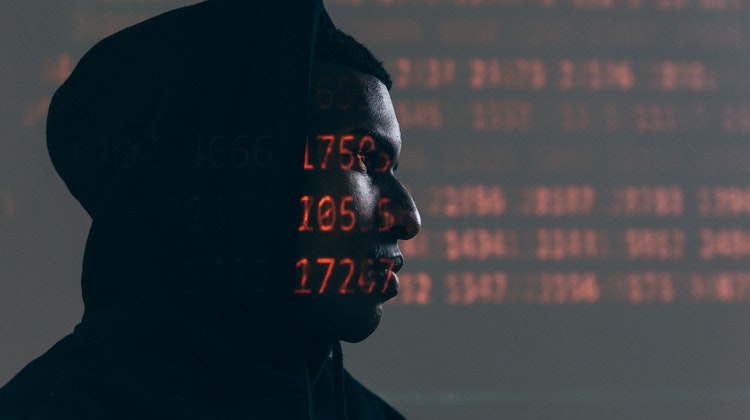
Photo Credit: pexels
In Pennsylvania, a long, six-year legal saga is finally coming to an end. The Pennsylvania Supreme Court just ruled that the state police can’t hide from the public how it monitors social media. In other words, the police can’t make it a secret how they use social media as part of their criminal investigations anymore.
Pros
As might be expected, the new ruling by the Pennsylvania Supreme Court was widely hailed as a victory by advocates of civil liberties. After all, do you really want the local police sneaking around on social media, gathering information about you or your neighbors in completely unknown ways? Going forward, the state police will need to be much more transparent in how they use social media as part of their routine criminal investigations.
Obviously, people have very strong feelings about the police these days. If you are part of the “defund the police” crowd, and believe that most police departments are inherently biased against certain demographic groups, then it’s easy to view the Pennsylvania Supreme Court as a big win. The police will need to be much more careful in how they use social media going forward, especially when it comes to investigating members of certain ethnic or minority groups.
Cons
However, on the flip side, the Pennsylvania state police aren’t too happy about this court ruling. They claim that the forced disclosure of sources and methods could compromise public safety. In the past, they’ve been able to shield their exact methodologies from prying eyes, and they think this has made a big difference in keeping the public safe. Think about it for a moment: Would you want to tip off the local drug dealer about when and where you go undercover? Or divulge which sources you use to gather information for criminal investigations?
Thus, from this perspective, the police in Pennsylvania could be at a distinct disadvantage when going up against the “bad guys.” If the criminals know which social media platforms are being used by law enforcement, or if they know the tactics for going after criminals online, then they would presumably be able to keep one step ahead of the police.
Social media and crime
At the end of the day, social media is becoming an increasingly important tool for criminals. In an effort to avoid detection or surveillance, for example, criminals are turning to secure, fully-encrypted messaging platforms to communicate. And, in a bid to find buyers for illicit goods, they are brazenly posting photos and videos to social media platforms that teens use. We’ve all heard of drug deals going down on social media, or of criminals using social media to recruit new underage victims.
The growing importance of social media for criminal activity, then, is also changing the game for local police departments everywhere. They are looking for ways to keep up with the criminals, and they don’t necessarily want to tip their hand when they engage in a new tactic or strategy. Thus, it remains to be seen if the new transparency about police monitoring of social media is a good thing or not. Let’s just hope it helps to reduce neighborhood crime while, at the same time, making people in the community feel safer.